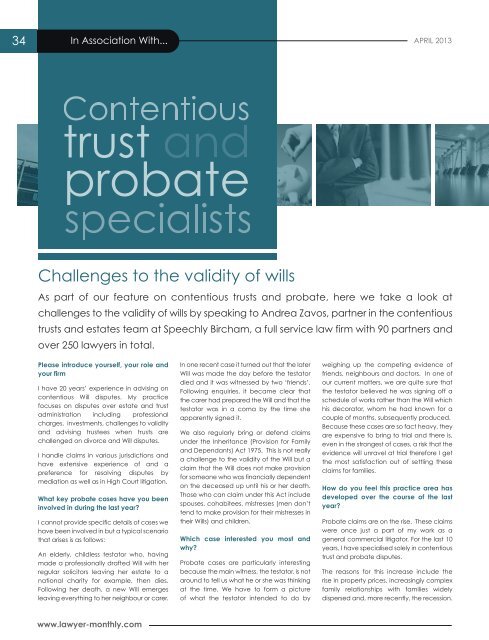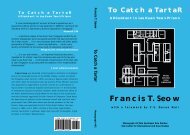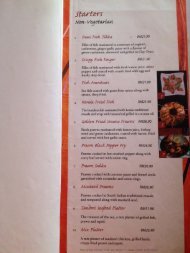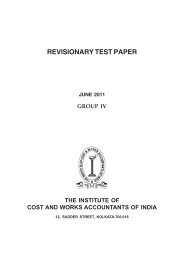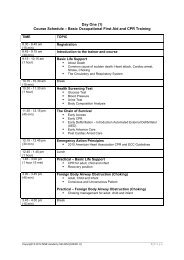Back Issue - Amazon Web Services
Back Issue - Amazon Web Services
Back Issue - Amazon Web Services
Create successful ePaper yourself
Turn your PDF publications into a flip-book with our unique Google optimized e-Paper software.
34In Association With...APRIL 2013trustprobateChallenges to the validity of willsAs part of our feature on contentious trusts and probate, here we take a look atchallenges to the validity of wills by speaking to Andrea Zavos, partner in the contentioustrusts and estates team at Speechly Bircham, a full service law firm with 90 partners andover 250 lawyers in total.Please introduce yourself, your role andyour firmI have 20 years’ experience in advising oncontentious Will disputes. My practicefocuses on disputes over estate and trustadministration including professionalcharges, investments, challenges to validityand advising trustees when trusts arechallenged on divorce and Will disputes.I handle claims in various jurisdictions andhave extensive experience of and apreference for resolving disputes bymediation as well as in High Court litigation.What key probate cases have you beeninvolved in during the last year?I cannot provide specific details of cases wehave been involved in but a typical scenariothat arises is as follows:An elderly, childless testator who, havingmade a professionally drafted Will with herregular solicitors leaving her estate to anational charity for example, then dies.Following her death, a new Will emergesleaving everything to her neighbour or carer.In one recent case it turned out that the laterWill was made the day before the testatordied and it was witnessed by two ‘friends’.Following enquiries, it became clear thatthe carer had prepared the Will and that thetestator was in a coma by the time sheapparently signed it.We also regularly bring or defend claimsunder the Inheritance (Provision for Familyand Dependants) Act 1975. This is not reallya challenge to the validity of the Will but aclaim that the Will does not make provisionfor someone who was financially dependenton the deceased up until his or her death.Those who can claim under this Act includespouses, cohabitees, mistresses (men don’ttend to make provision for their mistresses intheir Wills) and children.Which case interested you most andwhy?Probate cases are particularly interestingbecause the main witness, the testator, is notaround to tell us what he or she was thinkingat the time. We have to form a pictureof what the testator intended to do byweighing up the competing evidence offriends, neighbours and doctors. In one ofour current matters, we are quite sure thatthe testator believed he was signing off aschedule of works rather than the Will whichhis decorator, whom he had known for acouple of months, subsequently produced.Because these cases are so fact heavy, theyare expensive to bring to trial and there is,even in the strongest of cases, a risk that theevidence will unravel at trial therefore I getthe most satisfaction out of settling theseclaims for families.How do you feel this practice area hasdeveloped over the course of the lastyear?Probate claims are on the rise. These claimswere once just a part of my work as ageneral commercial litigator. For the last 10years, I have specialised solely in contentioustrust and probate disputes.The reasons for this increase include therise in property prices, increasingly complexfamily relationships with families widelydispersed and, more recently, the recession.www.lawyer-monthly.com


